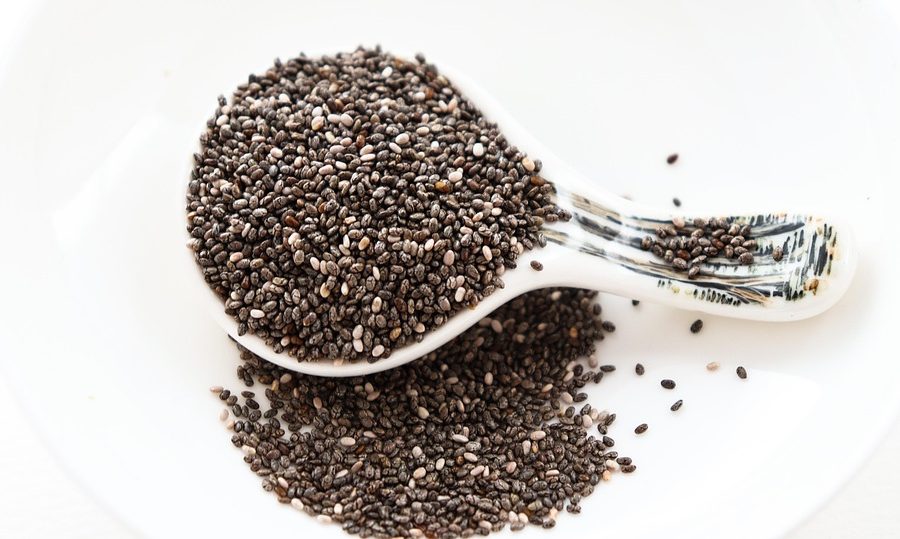In today’s fast-paced world, maintaining hormone balance is more crucial than ever. Hormones play an essential role in regulating various bodily functions, including metabolism, mood, and reproductive health. If you’re feeling sluggish, anxious, or out of sorts, your diet could be a key factor in this imbalance. This beginner’s guide will walk you through creating a hormone-friendly diet plan, promoting overall well-being and vitality.
Understanding Hormones
What Are Hormones?
Hormones are chemical messengers produced by endocrine glands. They travel through the bloodstream to tissues and organs, helping regulate critical functions such as:
- Metabolism
- Growth and development
- Mood and emotions
- Reproductive processes
- Sleep cycles
Why Diet Matters
Your diet directly influences hormone production and function. Foods rich in nutrients can help balance hormone levels, while processed foods laden with sugar and unhealthy fats can disrupt hormonal harmony.
Now that you understand the importance of hormones, let’s explore how to develop a hormone-friendly diet plan.
Essential Nutrients for Hormonal Balance
To create a well-rounded diet that supports hormonal health, focus on incorporating the following key nutrients:
Healthy Fats
Healthy fats are essential for hormone production. They provide energy and aid in the absorption of vitamins. Consider including:
- Avocados
- Nuts and seeds
- Olive oil
- Coconut oil
- Fatty fish (like salmon and mackerel)
High-Quality Proteins
Proteins provide the building blocks for hormone production. Include a variety of protein sources such as:
- Lean meats (chicken, turkey, and grass-fed beef)
- Fish
- Legumes (lentils, beans, and chickpeas)
- Dairy products (if tolerated)
Fiber-Rich Foods
Fiber helps regulate insulin levels and supports digestive health. Incorporate plenty of:
- Whole grains (quinoa, oats, and brown rice)
- Fruits (berries, oranges, and apples)
- Vegetables (spinach, broccoli, and carrots)
Building Your Hormone-Friendly Diet Plan
Now that you know the essential nutrients, let’s dive into crafting your personalized hormone-friendly diet plan.
Step 1: Assess Your Current Diet
Before making any changes, evaluate your current eating habits. Keep a food journal for a week to identify areas for improvement. Look for:
- High sugar intake
- Processed and fast foods
- Insufficient fruits and vegetables
- Lack of hydration
Step 2: Make Gradual Changes
Rather than overhauling your entire diet overnight, aim for gradual changes that can lead to sustainable habits. Here are some tips:
- Start your day with a protein-rich breakfast. Eggs or Greek yogurt topped with berries is a great option.
- Replace sugary snacks with fiber-rich alternatives. Try nuts or fresh fruit instead of chips or candy.
- Incorporate more vegetables into every meal. Aim for a colorful plate to get a wide range of nutrients.
Step 3: Plan Your Meals
A structured meal plan can help you stay on track. Consider the following tips:
- Prepare meals in advance. Dedicate a day each week to meal prep. Cook large batches of grains, proteins, and roasted vegetables to make assembling meals easier.
- Mix and match. Use the following formula for balanced meals:
- 1 source of protein
- 1 source of healthy fat
- 1 serving of whole grains or starchy vegetables
- 1-2 servings of non-starchy vegetables
Sample Meal Ideas
Here are some simple, hormone-friendly meal ideas:
Breakfast
- Avocado Toast with Poached Eggs: Whole-grain bread topped with smashed avocado and eggs.
- Chia Seed Pudding: Chia seeds soaked in almond milk, topped with fresh fruits and nuts.
Lunch
- Quinoa Salad: Mixed greens, cooked quinoa, chickpeas, cucumber, and olive oil dressing.
- Lentil Soup: Lentils, carrots, and spinach simmered with spices.
Dinner
- Grilled Salmon with Asparagus: Baked salmon served with steamed asparagus and quinoa.
- Stuffed Bell Peppers: Bell peppers filled with a mixture of ground turkey, black beans, and spices.
Snacks
- Greek Yogurt with Honey and Nuts
- Sliced Veggies with Hummus
Lifestyle Factors to Consider
While diet is crucial, other lifestyle factors can also impact hormone health. Here are a few to keep in mind:
Manage Stress
Chronic stress leads to elevated cortisol levels, which can disrupt hormone balance. Incorporate stress-management techniques into your daily routine:
- Meditation or yoga
- Deep breathing exercises
- Spending time in nature
Get Enough Sleep
Aim for 7-9 hours of quality sleep per night. Sleep helps regulate hormone production and plays a vital role in overall health. Establish a calming bedtime routine to promote restful sleep.
Stay Hydrated
Hydration is often overlooked but is crucial for hormone function. Aim to drink at least 8-10 glasses of water daily. Herbal teas are also a great option for hydration.
Conclusion
Creating a hormone-friendly diet plan is a vital step towards achieving balance and well-being. By focusing on whole, nutrient-dense foods and making small changes to your lifestyle, you can significantly impact your hormonal health. Remember, consistency is key, and every positive change contributes to your overall well-being.
As you embark on this journey, consult with a healthcare professional or nutritionist to tailor your diet to your specific needs. Here’s to a healthier, hormone-balanced you!








 Weight Loss, Unlocked.
Weight Loss, Unlocked.